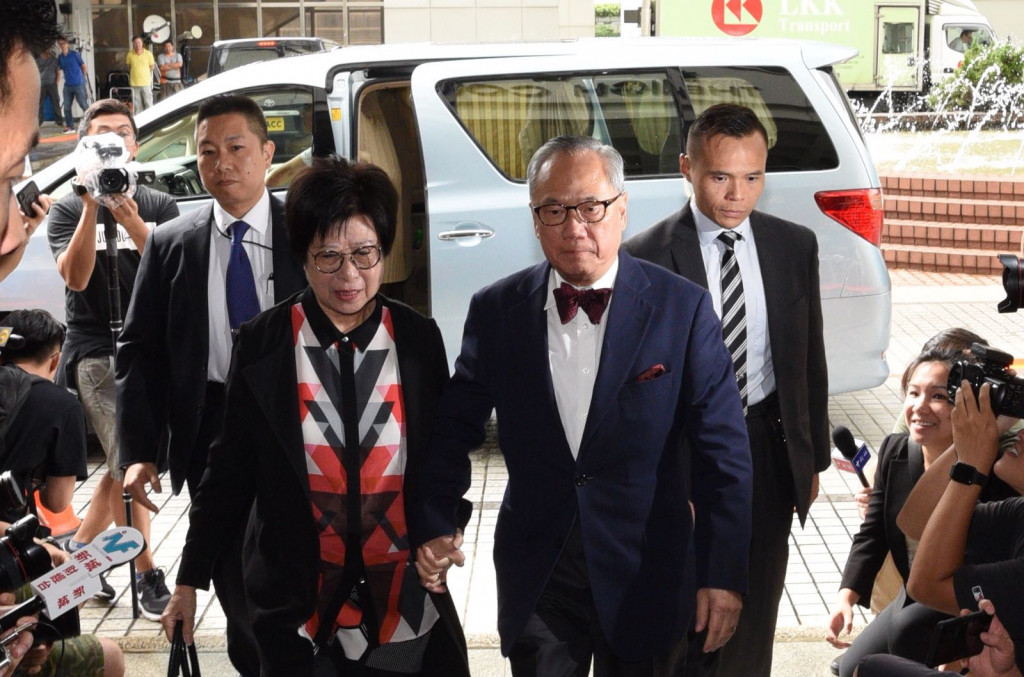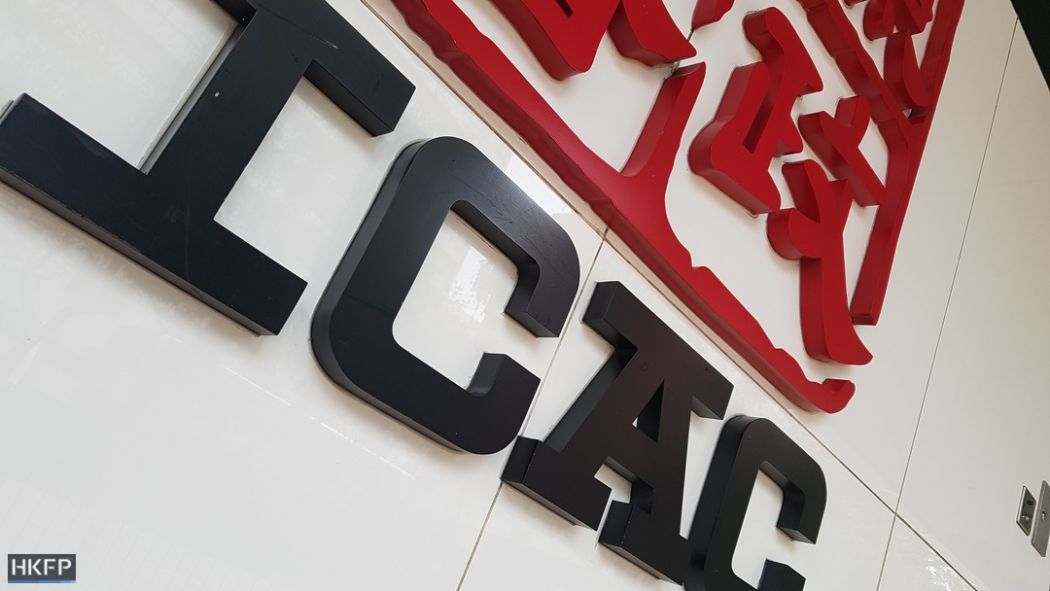Hong Kong’s leader Carrie Lam has cited the need to safeguard national security in defending her decision to renege on an election promise to extend the city’s anti-bribery laws to her own position.
Lam told the Legislative Council last Thursday she will not pursue her 2017 pledge to extend sections 3 and 8 of the Prevention of Bribery Ordinance “as soon as possible” to cover the chief executive, saying it would hamper her ability to be accountable to Beijing.

The provisions ban government officials from “soliciting or accepting an advantage” and the “bribery of public servants by persons having dealings with public bodies.”
Lam continued to defend her decision on Tuesday, citing the importance of upholding the constitution to protect against “national security risks.”
She repeated that, under the Basic Law, the city’s leader discharged responsibilities on behalf of Beijing and was above the executive, legislative and judicial branches of government.
“On an issue which deals with the integrity of the chief executive… it will be against the constitutional position to subject him or her to the local legislation which is supposed to be applied to other public officers,” she said.
Safe country
The chief executive referred to comments made by top Chinese official Xia Baolong last Friday describing the city’s 2019 pro-democracy protests and unrest as a “lesson that national security loopholes must not be tolerated.”

“[Before 2019], we would not appreciate that Hong Kong has to be governed by people who are patriotic, who are accountable to the central government, in order to keep our country safe,” Lam said.
“So having learned this lesson very deeply and very painfully, I have to stand very firm on principals of constitution.”
She added that the exemption did not mean the chief executive was above the law.
Lam said in an interview last December that she believed Beijing would handle the matter if the chief executive was found to have committed acts that would violate the anti-bribery provisions.
Misconduct
Activist investor David Webb questioned why the chief executive needed to be exempt from the Prevention of Bribery Ordinance when people holding the position could be found guilty of misconduct in public office, a crime under common law.
“Is she now claiming to be constitutionally exempt from misconduct in public office as well? What, exactly, is she afraid of?” Webb said in a statement to HKFP.

In 2018, former chief executive Donald Tsang was jailed for 12 months after being found guilty of the misconduct in public office. His conviction was later quashed by the city’s highest court on the grounds of jury misdirection.
A similar investigation against former chief executive Leung Chun-ying and pro-Beijing lawmaker Holden Chow found insufficient evidence for a conviction.
Webb also referred to a statement by former chief justice Geoffrey Ma from 2015 asserting that “everybody is equal before the law without exceptions” after Leung claimed the chief executive “transcends” the judiciary.
Former Independent Commission Against Corruption chief investigator Stephen Char also questioned why the two provisions could not be extended when other ordinance provisions already covers the role of Chief Executive (CE): “In my humble view, the reasons put forth by the chief executive are unconvincing and beyond my understanding,” he told HKFP.

“If section 4 and other provisions of the Prevention of Bribery Ordinance cover the CE without any constitutional issues, why would Section 3 and Section 8 (on the part of the offering party) cause any constitutional problem?” Char asked.
Support HKFP | Policies & Ethics | Error/typo? | Contact Us | Newsletter | Transparency & Annual Report | Apps
Help safeguard press freedom & keep HKFP free for all readers by supporting our team
























